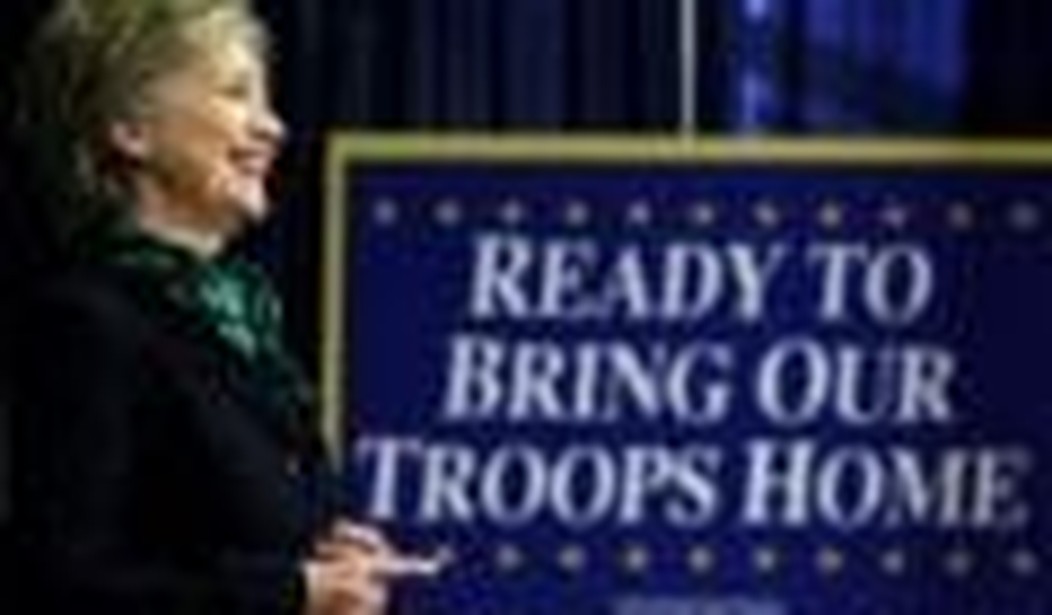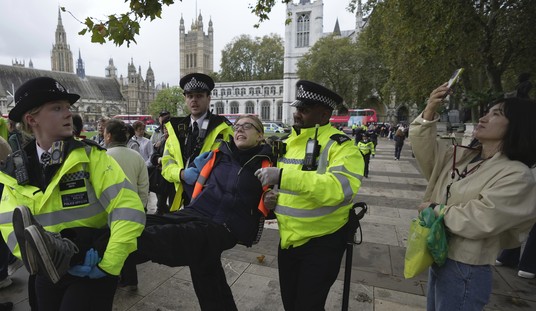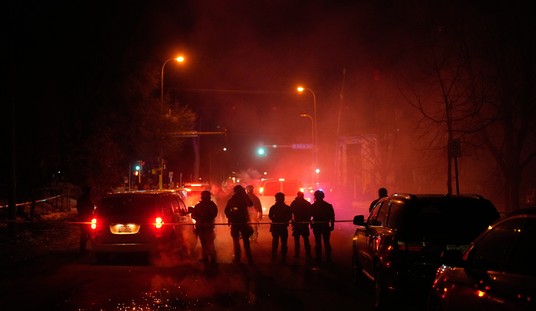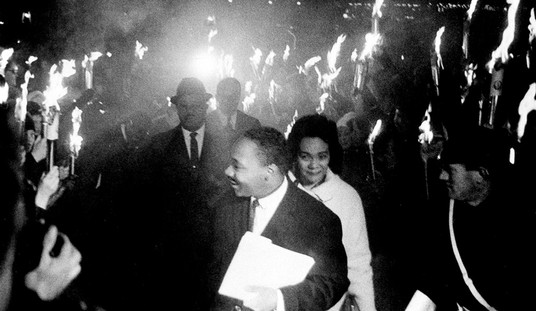While common sense suggests that Iraq would be very interested in the U.S. presidential race — given the immense influence of U.S. decision-making on the situation in the country — we see that the local media in Iraq have largely been ignoring the developments of the Democratic and Republican primaries. Moreover, we have hardly heard any comments from the political class, and the average person on the street is not as interested about the American election as they were in 2004.
What could be the reasons for this?
The first, I believe, is that the clock in Baghdad ticks slower than the clock in Washington. It’s very likely that the media and politicians are not yet interested in the American election simply because there’s still plenty of time left until Americans get to make their final decision. Meanwhile, everyone in Iraq is busy living with immediate domestic challenges and issues of daily life.
There are, however, other likely reasons for the country’s lack of interest. The political class, for example, is perhaps reluctant to endorse or oppose any of the three candidates. This is a natural defense mechanism. They don’t want to throw in their lot with one candidate and then have to deal with a winner they opposed. That would be a great political risk to take for any Iraqi politician or party, especially since the Iraqi election is only 12 months after the American one. The media, being largely reflective of the viewpoints of the government or political parties outside the government, are expected then to exhibit the same kind of behavior in order not to undermine their political sponsors or affiliates.
While I expect the silence of the media and politicians to last through the coming months, the average Iraqi will begin to get more and more interested in the subject. From previous experience, I believe this will become visible once there are only two candidates competing for the presidency. That’s when the clock will — finally — start ticking in Baghdad.
No opinion polls have been conducted to see which of the three candidates (McCain, Clinton, Obama) is viewed most favorably by Iraqis. If I were to try to predict their feelings, I’d start by restating the fact that most Iraqis are concerned first and foremost about their living conditions — economy, security, water, electricity — and they care primarily about coming up with solutions to these problems. Iraqis have also come to realize that their problems are essentially domestic, arising from the struggle among political powers. These in turn are complicated by regional interference, which is most of the time permitted by those very same political powers.
Therefore, the solution has to come from within, and from within only. Yet we cannot ignore that this requires a foreign factor represented by the American presence. This presence is the only hope for creating the environment under which the solution from within can be reached. This is exactly the rationale for the surge, of which McCain has been one of the strongest proponents, if not its main architect.
While many Iraqis may be oblivious to that last fact, I believe there’s wide agreement that Iraq still needs America’s commitment to the democratic project in the country. Perhaps this belief is more prevalent among ordinary people than it is among politicians, particularly those who aren’t sincerely interested in the idea of a unified state. Those politicians, while still more or less silent, view the American presence as a restraint to their ambitions in the long run. They feel they have mustered the tools of power that would enable them to survive and prevail against their rivals — including the not-yet-strong central government in Baghdad — if they enter a struggle to realize their ambitions of walking away with a big enough chunk of the country; the SIIC of Hakim embodies this trend. There are also the Kurdish leaders who are growing more dissatisfied with the current administration’s “complicity” in Turkey’s operations in Kurdistan and are receiving American criticism for the undemocratic way in which they’ve been running their political parties and the Kurdish region so far.
In contrast with ordinary people — or at least with the predicted opinion of ordinary people — these two groups of politicians would rather see an administration that wants to walk away from the problem than one that wants to solve the problem.
This has encouraged Republican leaders, in particular John McCain, to visit Baghdad to negate the state of reluctance that accompanies the waiting for the American election results. This state of reluctance and the delay in passing laws are not good for the democratic process as a whole.
Visits like this, with the absence of similar visits from Democrats, have two dimensions: first, they push the political process in Iraq in order to achieve stability there, which would help the Republicans in the elections. Second, it makes Iraqi politicians and the public understand that a change in the administration does not necessarily mean abandoning Iraq and the immediate withdrawal of troops from the country. The Iraqi government has to work on these basics instead of standing by idly and wasting precious time.
Omar Fadhil is PJM Baghdad editor. His own blog is Iraq The Model.









Join the conversation as a VIP Member